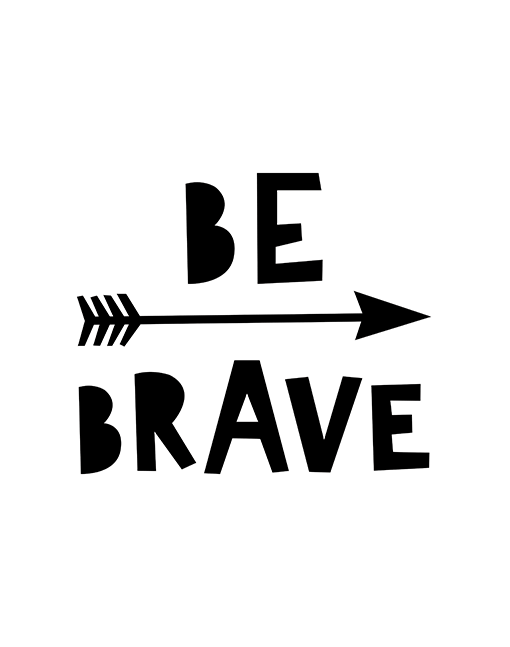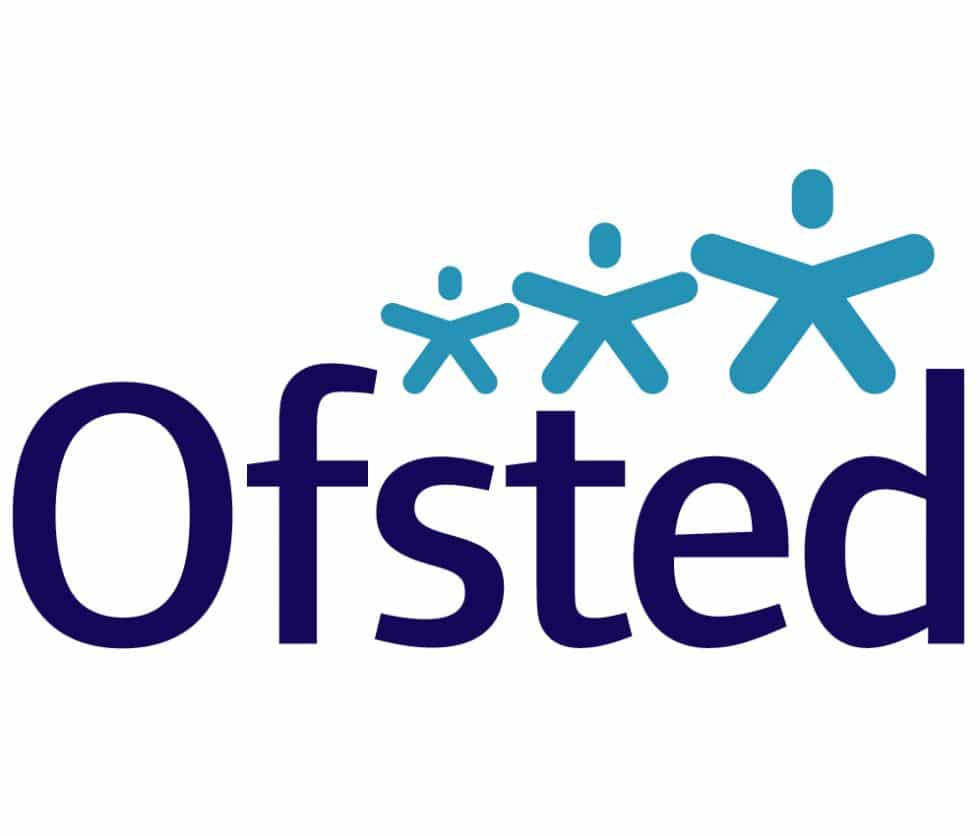Every year we have the Margaret Horn Debate to introduce, explore and dispute ideas, policies and innovative practice. Consequently, we have debated a wonderful array of topics over the past 14 years. This year is different. It’s the year of Covid-19 with the potential for change. It offers the chance to re-frame how we tell the story of Early Years. This is needed as our story is not working. Sometimes reframing the problem can point to more promising solutions. The most compelling stories get the work of innovation started by enabling action that is open-minded, leaving room for others to join their sense of positive possibilities.
This summer I found a reference to Margaret Horn in a lovely little book called The Women of Plas Yn Rhiw by Mary Allan. I was really delighted and made the link to her work in the Mother and Child Welfare Conference and the patterns for children’s clothes. We have two original patterns in our archives! However, interestingly she was challenging the policy of the day and the political barriers that inhibited action. So, Early Years has always been highly political and a source of much contested discussions.
Today, we have to consider whether Early Years has absorbed the Neoliberal ideology of markets, competition and private provision and whether that does not allow every child access to Early Education. The president of Ireland Michael D. Higgins described the situation we are seeing in Early Years in a speech to Social Europe. He said that the Corona pandemic highlighted the impact of unfettered Neoliberalism which has left whole sections of society without protection for the bare necessities for life, security and the ability to participate. He was describing the plight of so many families who are only ever one wage payment away from impoverishment, with little employment security on zero hour contracts or employed in the gig economy living in insecure tenancies. He also challenged the lack of status and appreciation of key working staff.
In a report by Danny Kruger MP, examining how we can rethink the power of communities to make changes, he suggests that maybe there should be more nurseries provided through the social sector? Claire Cameron and Peter Moss in a book they recently edited called Transforming Early Childhood in England opened with a quote from Jack Tizard in 1976. He was complaining about the inadequacy of Early Years services which were both fragmented and unresponsive to changing needs. They argue that this has not changed and we remain a struggling and socially divisive disparate sector with many different providers offering different services to different groups despite high level organisational changes which unified Early Years into one department at the DfE, Ofsted and local authority Children’s Services. They suggest the answer is to return to the properly funded and integrated delivery of an Early Childhood service that is based on equality, universal public services, equity of access, sufficiency and sustainability.
I have long argued that we have not moved forward because the public does not understand the role of Early Years as part of our modern social and economic infrastructure. We have never had a big public debate to address key questions such as:
What is our view of the child?
What does the public understand by ECEC?
How do they think children learn?
What do we mean by pedagogy for Early Years?
Why is the role of rearing children one for society as much as it is for families?
The problem we have is that when we start the debate, people get defensive and feel we are all criticising and squabbling with each other. Indeed, when we are scrabbling for funding that is precisely what happens and it allows the central debate about the purpose and values of Early Years get lost.
Covid 19 has brought many worries and fears perhaps the biggest positive emerging from this crisis is the realisation that we are capable of global, collective action and the very best elements of human nature can prevail. In Rosabeth Moss Kanter’s new book Think Outside the Building she argues that positive actions can generate a sense of purpose that provide meaning to life by showing people new possibilities through changing the culture. The arrival of Zoom might be the platform to facilitate this change.
So settle down in a comfortable chair, make a drink and engage in a conversation with me, June O’Sullivan, and Social Entrepreneur Claire Dove CBE (Crown Representative for the Voluntary, Community and Social Enterprise); Neil Leitch (Chief Executive of the Early Years Alliance) and Danny Kruger MP for a lively (and disruptive) virtual debate.
Is the pandemic a once in a lifetime chance to rethink Early Years? Have we the courage to change? What do you think?
Tickets to LEYF Margaret Horn 2020 are on sale here. All proceeds go towards our LEYF Winter Appeal to help parents and children most in need.
References
Claire Cameron and Peter Moss ed. (2020) Transforming Early Childhood in England. UCL Press
Rosabeth Moss Kanter (2020) Think Outside the Building Nicholas Brearley Publishing UK
Allan, Mary The Women of Plas Yn Rhiw (2005)published Gwasg Carreg Gwalch Wales
https://www.socialeurope.eu/out-of-the-tragedy-of-coronavirus-may-come-hope-of-a-more-just-society


